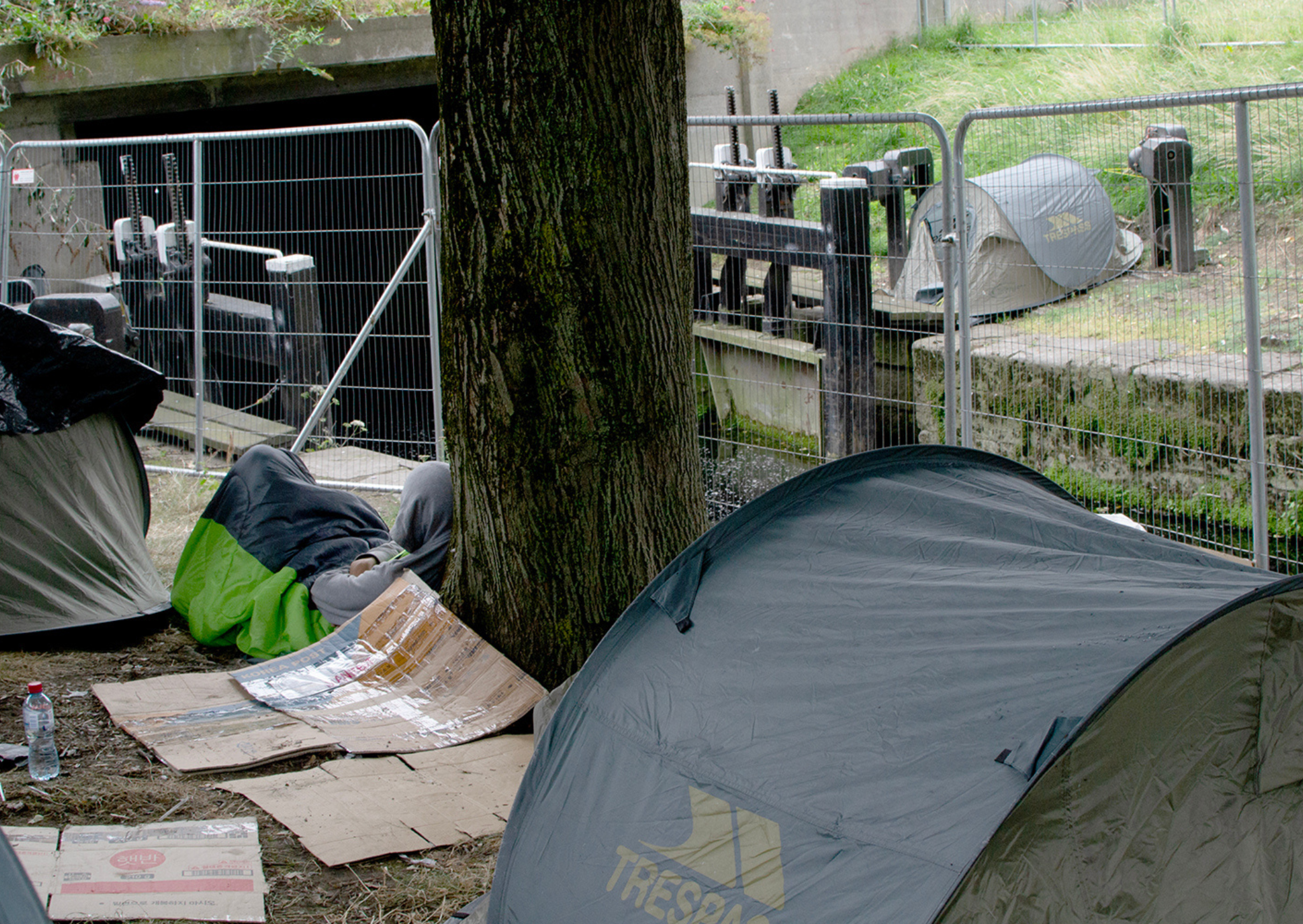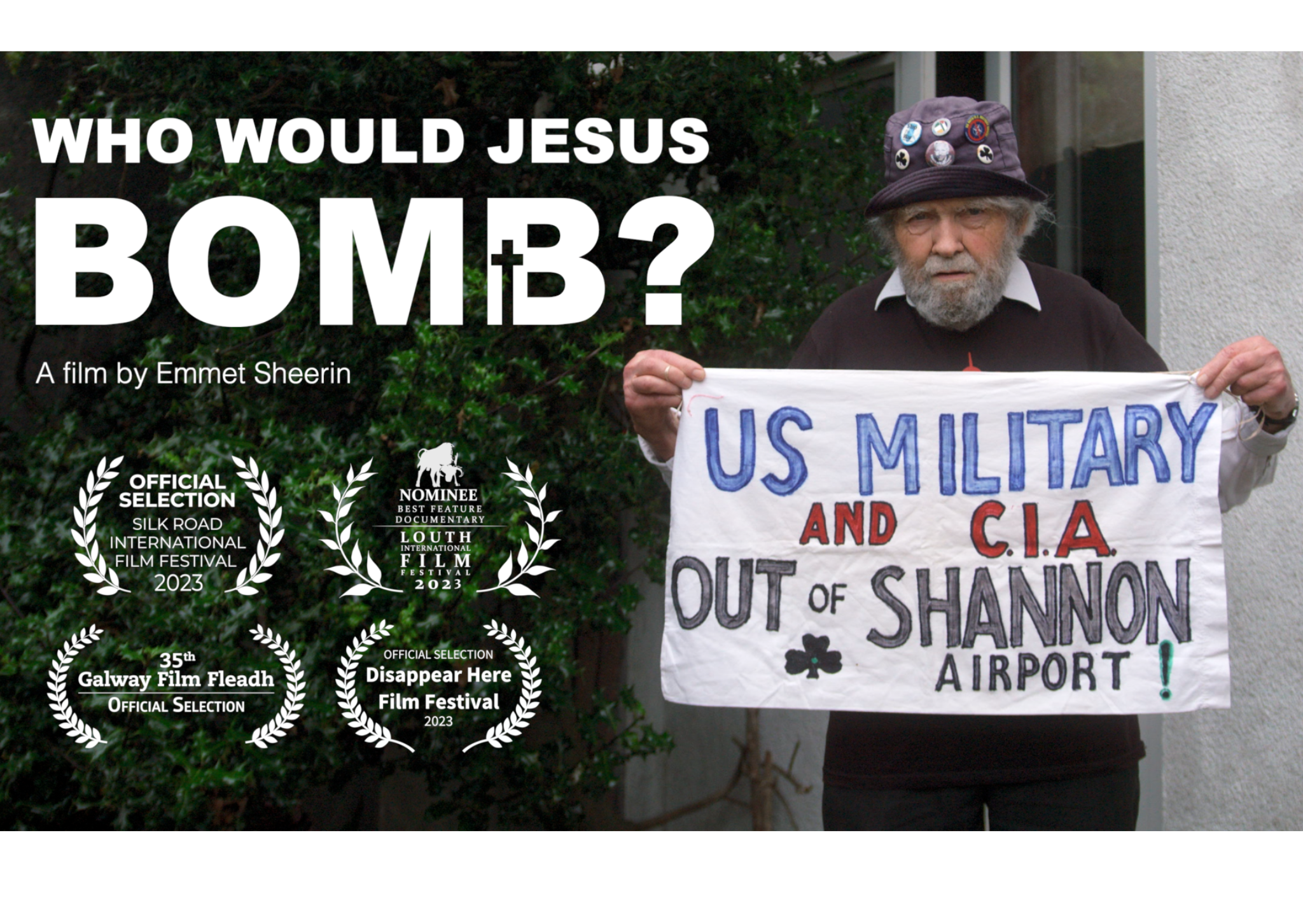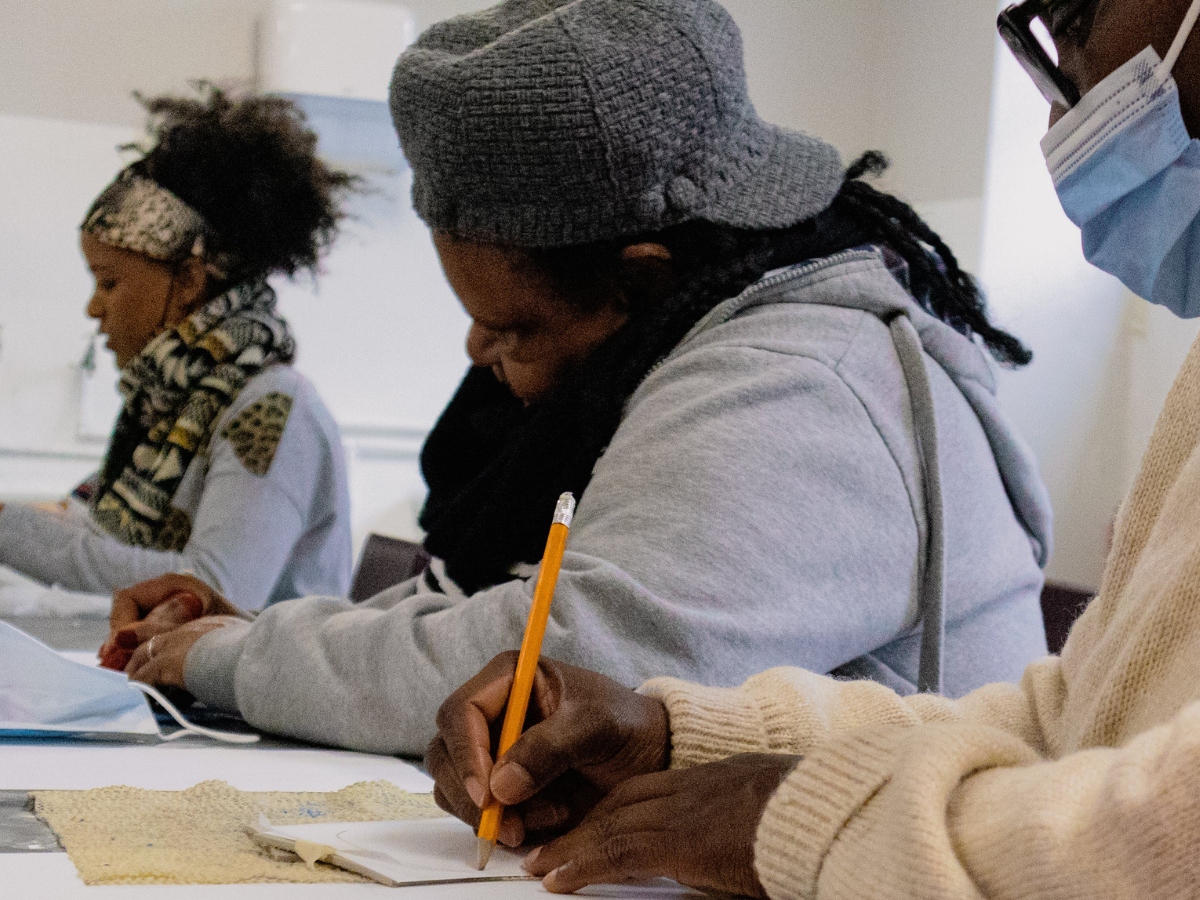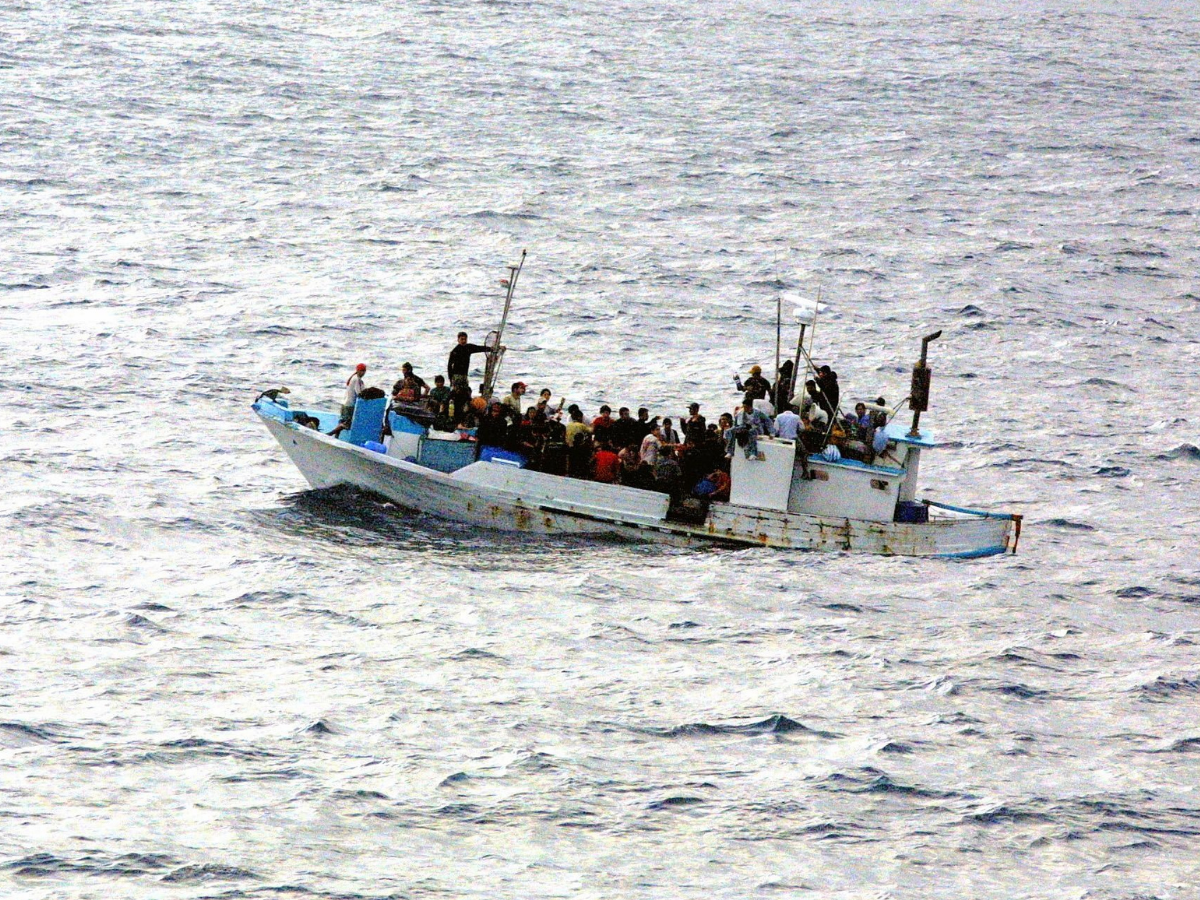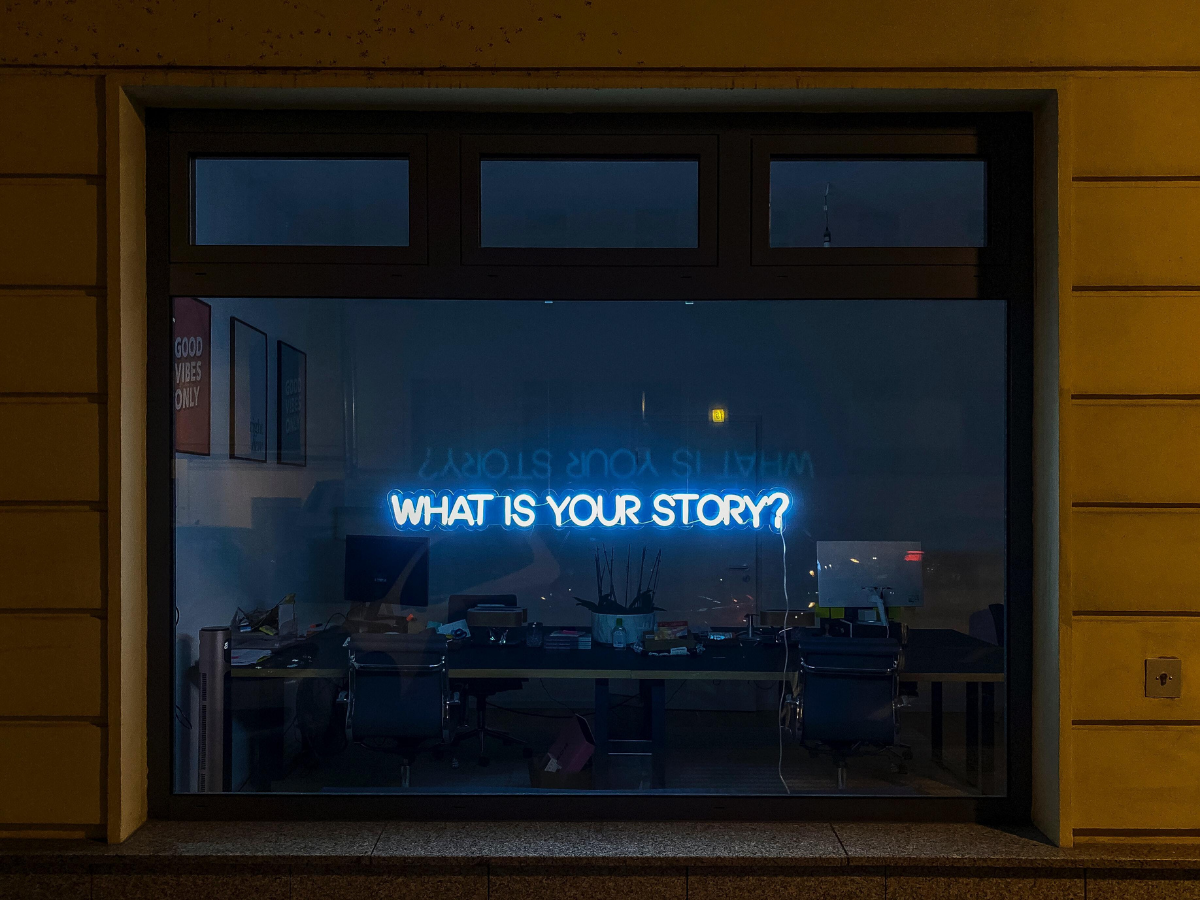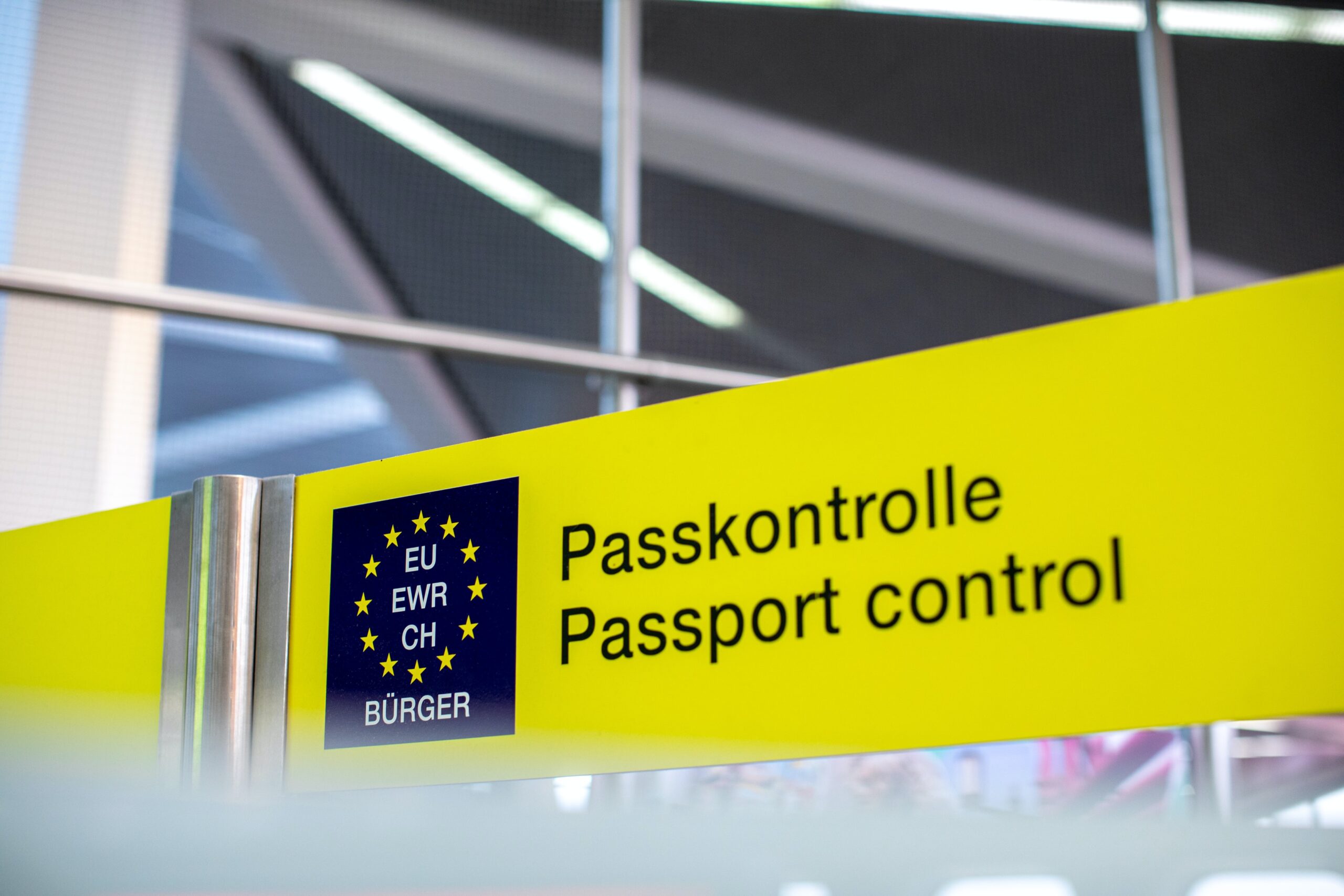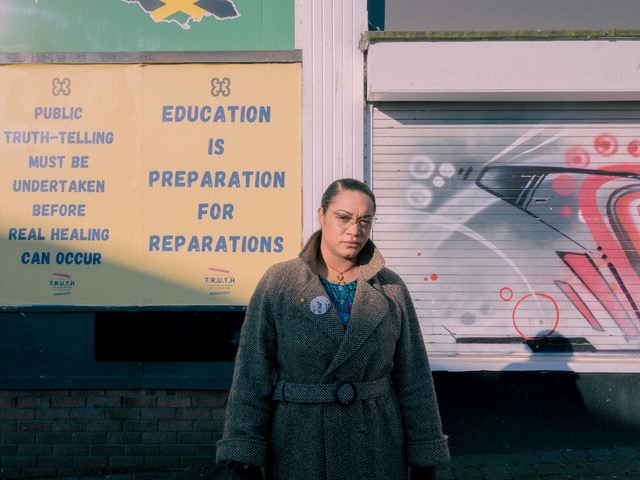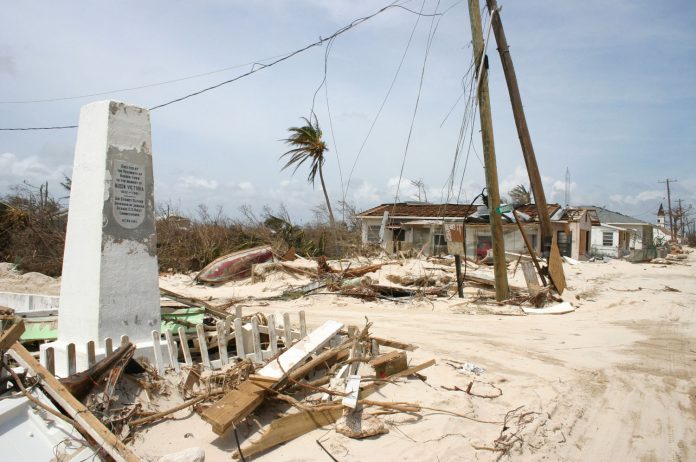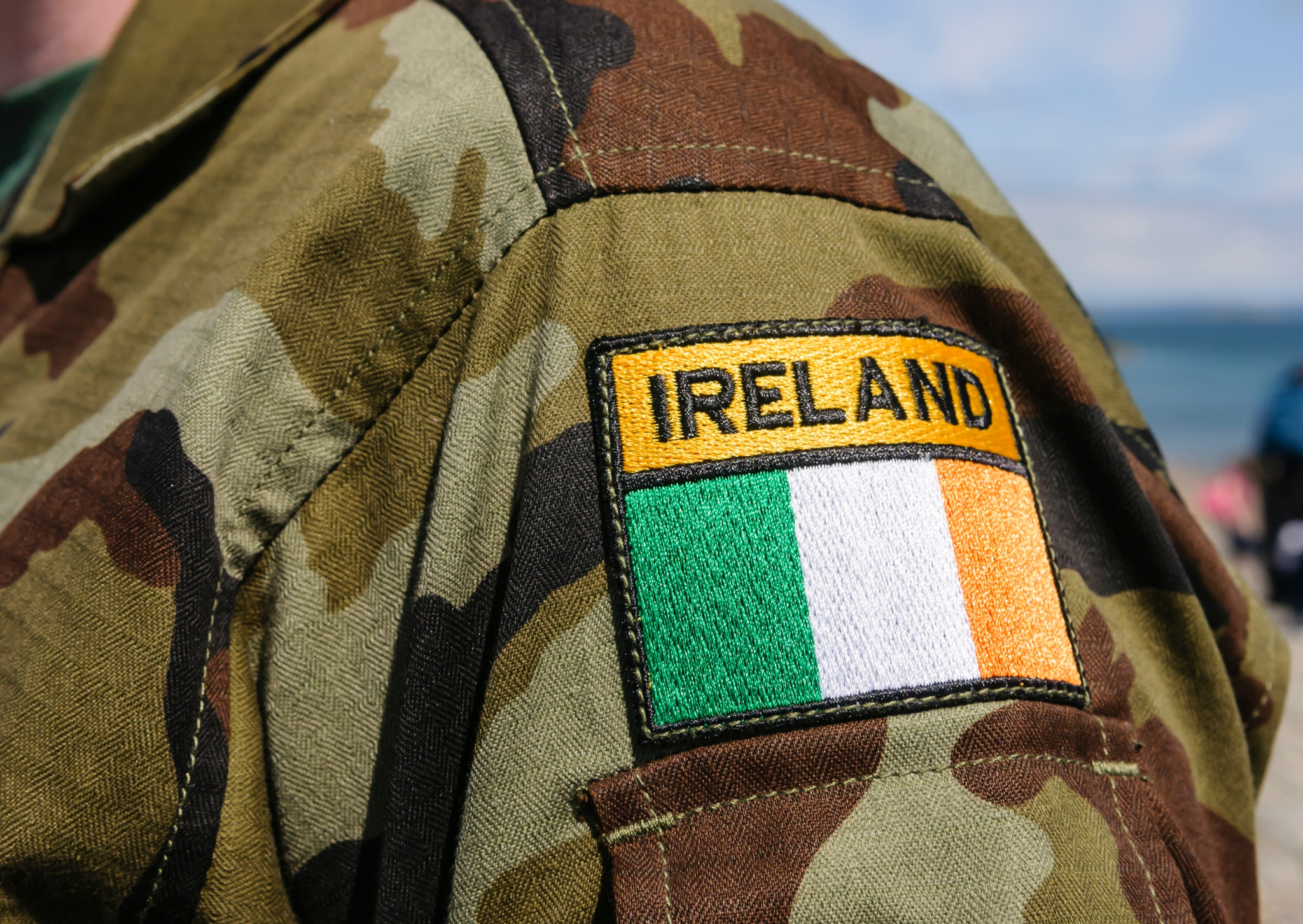
Irish Neutrality, International Peacekeeping, and Policing
Prof. Tobias Winright Tobias Winright is Professor of Moral Theology at St. Patrick’s Pontifical University, Maynooth, and he is Associate Member of the Las Casas Institute for Social Justice, Blackfriars Hall, Oxford. INTRODUCTION: SITUATING IRELAND After visiting Ireland regularly for over 24 years, my family and I moved to Maynooth from the United States of… Read more »


